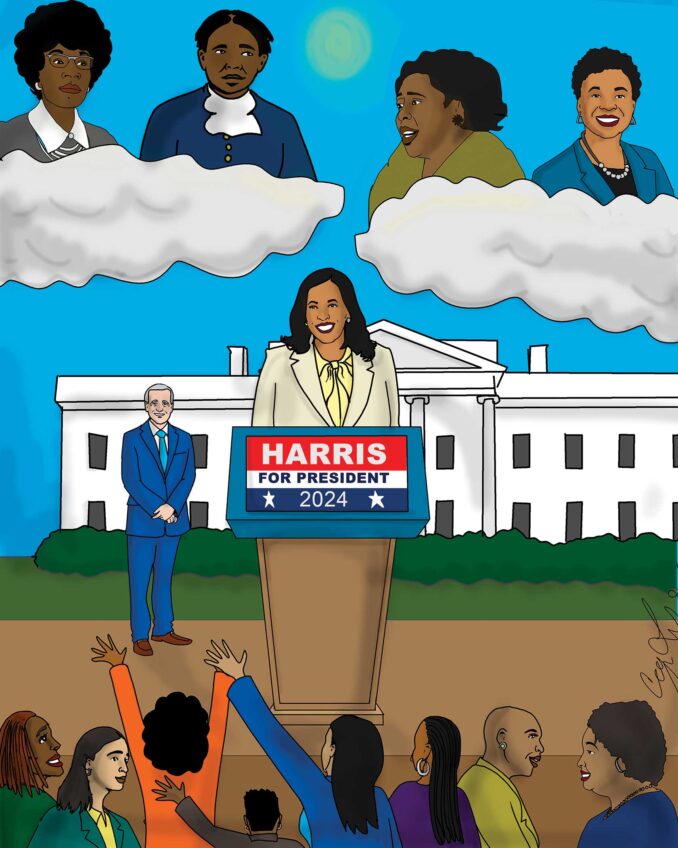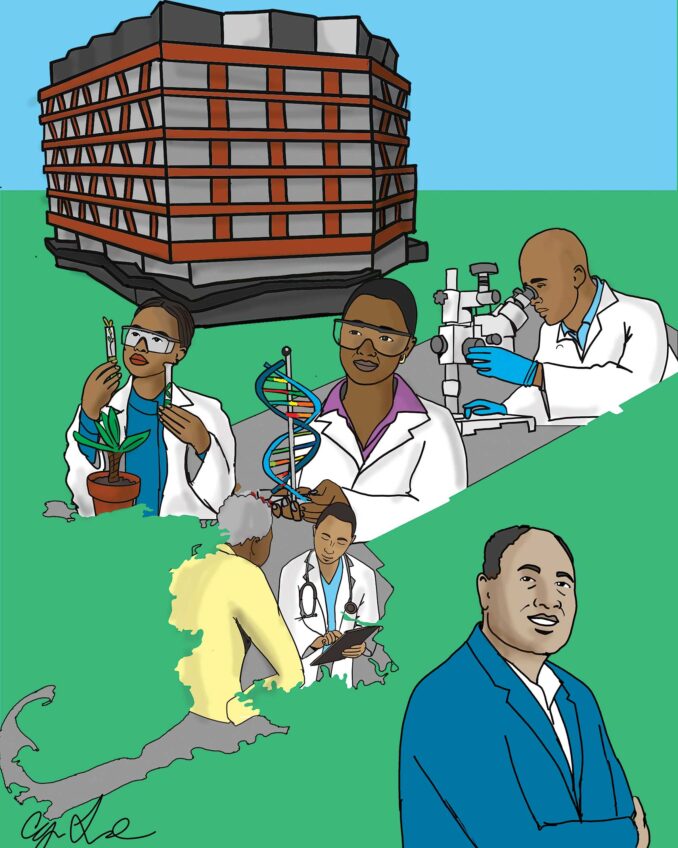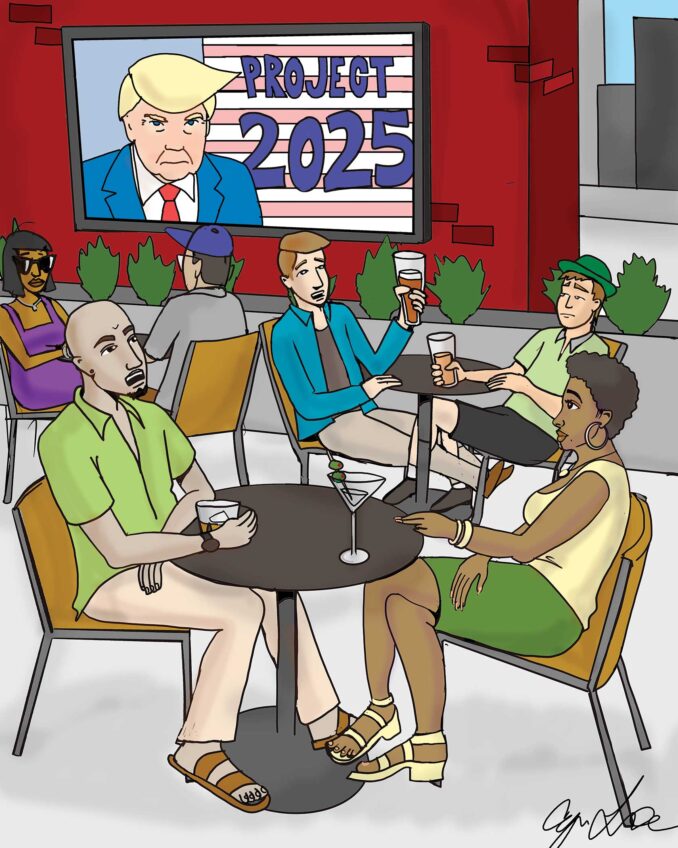In the first year of the COVID-19 pandemic, more than 600 prisoners were released from Massachusetts correctional facilities. These prisoners, who were awaiting a hearing or incarcerated due to parole or probation violations, were released in an attempt to lower the transmission of the COVID-19 in state run facilities. This swift action was a noble effort in response to the crisis of the pandemic, but the rapid release of prisoners unintentionally fueled a crisis that has long faced the re-entry community: housing.
While citizens of Boston are acutely aware of the lack of affordable housing experienced by the general population, many are not aware of how the housing issue impacts those recently released from prison, otherwise known as returning citizens. Many people, including myself, a social work student passionate about prison justice, may assume the biggest obstacle returning citizens face is getting a job. Employment is indeed an obstacle, but an ever-growing number of companies and organizations are willing to hire former prisoners. There are fewer organizations and companies committed to providing sustainable housing to citizens returning to society which results in former prisoners being 10 times more likely to be homeless after release.
Returning citizens, unlike other populations re-entering society, don’t have sober houses and transitional housing to support their transition back to normalcy. Many of them lose contact with family and friends while behind bars and cannot return to their previous homes. This results in these individuals living in unstable housing which could be defined by subpar living conditions, proximity to criminal activity which could lead to them becoming a repeat offender or the inability to consistently afford rent. A 2016 HUD guidelines issuance addressed these conditions by declaring that discrimination against this population could result in a violation of the Fair Housing Act, but it is known that these guidelines are vague and rarely enforced, leading to the aforementioned conditions. This sets up returning citizens for an unstable foundation that does not foster a life where they can reach the 3-year mark, which is the time according to the U.S. Department of Justice where the likelihood of recidivism drops from 45% to 8%.
While these obstacles are real, they are not insurmountable.
On a local level, a coalition of re-entry programs and churches in Massachusetts have begun to combine forces and address issues of housing supply and affordability. In a most recent meeting, correctional officers, local program directors and former inmates agreed that housing is the biggest hurdle and proposed ideas on how to alleviate the issue. On a national level, a new bill, One Stop Shop Community Reentry Program Act of 2021, proposes grant funding for community centers that would provide a one-stop re-entry program for returning citizens led by local re-entry experts. These federally funded, locally run centers could lead to real change in the re-entry experience and provide a foundation for returning citizens to create a stable and sustainable life that would allow them to pass that 3-year mark.
While the 600 prisoners released in March 2020 quickly approach their 3-year mark, we hope they have received the support they need to create a stable life. However, we have the opportunity to do more than hope for a better future for incarcerated people on their way to becoming returning citizens. You can help us take action by finding your member(s) of Congress on house.gov and asking them to support bill H.R.3372.
Alexis Monroe is a student in the Boston University School of Social Work and School of Theology.






